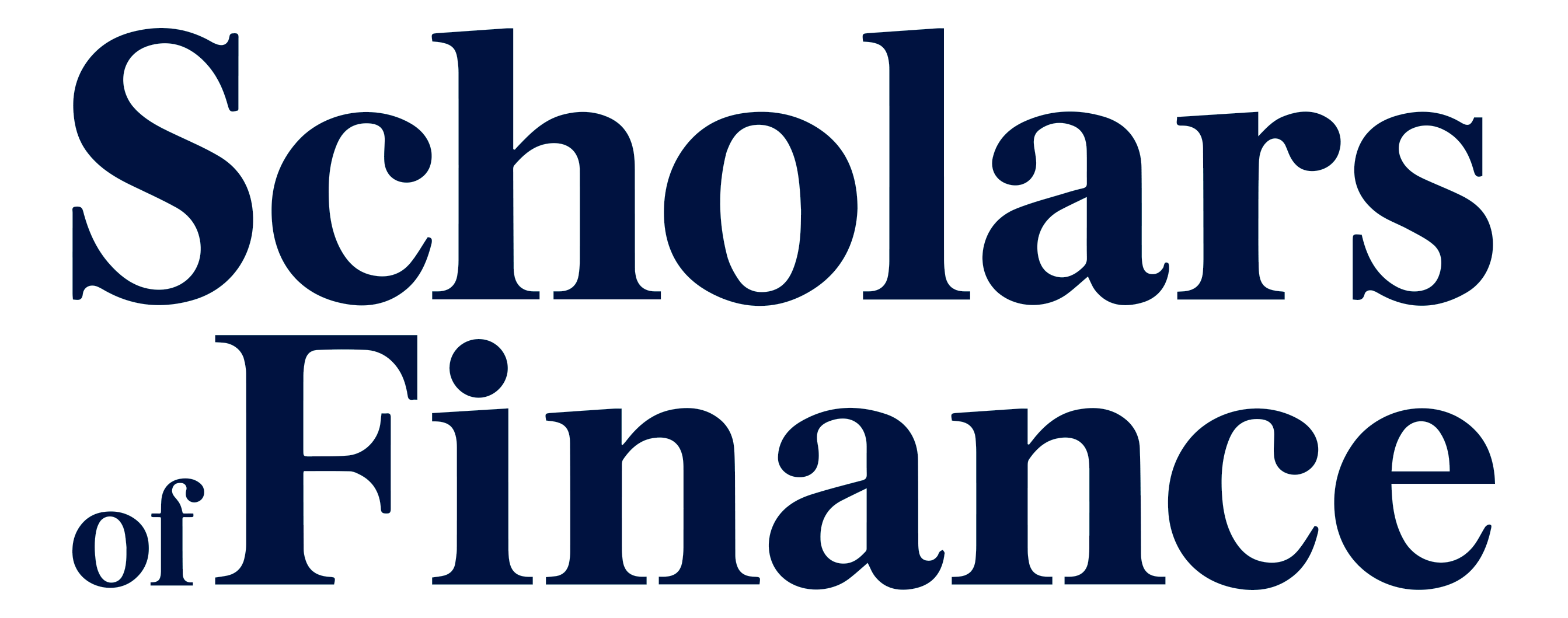
Impact investing has a much longer history than what many of us expect.
The concept of impact investing is not new; the term was coined in the early 2000s, but the practice has been around for centuries. The central idea of impact investing is to use capital to create positive social or environmental change, while also generating attractive financial returns.
This article explores Impact investing in the United States and how it has evolved, especially over the course of the last few decades.
What’s The Origin of Impact Investing?
The 1800s: Religious Beginnings
In the United States, socially-conscious investing emerged in the 19th century. A group of historically-connected Protestant Christian denominations, known as Methodists, abhorred the slave trade, illegal immigration, and excessive consumerism. They decided to divest from companies involved in industries in these sectors. Methodists also opposed investing in businesses that produced alcohol, grew tobacco, or promoted gambling.
Another Protestant movement, the Quakers, played a part in shaping impact investing. Quakers forbade investments in the slave trade and slavery-related industries. They also avoided industries related to war, such as weapons manufacturing. They established the Pioneer Fund in 1928 in Boston, which invested only in sectors they deemed moral.
These diverse groups’ early investment strategies aimed to get rid of the so-called “sin” industries. Today, sin stock industries typically include those involved in alcohol, tobacco, gambling, sex-related businesses, and weapons production.
These early tenets of socially-conscious investing evolved to stand for an investment philosophy aligned with investors’ social concerns and goals for social change.
Modern Impact Investing
How Did Government Policy Shape Impact Investing? The 1950s – 2000
By the second half of the 20th century, policymakers and firms had implemented impact investing principles into the financial services industry.
One landmark piece of legislation was The Community Reinvestment Act (CRA), passed by Congress in 1977, which outlawed discriminatory lending practices in low-income areas.
Additionally, the U.S. Sustainable Investment Forum (US SIF) was established in 1984 in response to climate and environmental concerns driven by tragedies like the Chernobyl disaster in the 1980s.
In addition to the government, firms and their executives took strides to incorporate impact investing principles into their business practices. The 1990s, for instance, brought the first screens for mutual funds aimed at avoiding investments in companies with poor records on social and environmental issues. Key among them was the Domini Social Index, which launched in 1990 and consisted of 400 large-capitalization US companies that were selected based on social and environmental criteria.
In 1996, a group of business leaders, academics, and philanthropists launched the Social Investment Forum Foundation (SIFF) to promote best practices in sustainable and responsible investing (SRI). The decade also saw the launch of the Global Reporting Initiative (GRI), which provided guidelines for companies to voluntarily disclose their environmental and social performance; GRI is now a major governing body in the environmental, social, and governance (ESG) space.
How Did Impact Investing Go Global? The Early 2000s
The 2000s were a time of significant growth for sustainable and socially responsible investing (SRI). The Rockefeller Foundation laid much of the groundwork, coining “Impact Investing” as an umbrella term in an attempt to unite the fragmented industry into a collective network.
The Rockefeller Foundation also launched the Global Impact Investing Network (GIIN), assembling impact investors to build a coalition focused on exchanging and organizing ideas. The GIIN has since grown into one of the largest international governing bodies for impact investors.
Then in 2007, the United Nations Principles for Responsible Investment (UN PRI) were published with the aim of inspiring more investors to incorporate environmental, social, and governance (ESG) considerations into their asset allocation strategies. The UN PRI now includes over 2,000 signatories representing more than $70 trillion in assets under management (AUM).
The financial crisis of 2008-2009 led to a renewed focus on the role of finance in society and the need for sustainable investing. IRIS, a system for measuring, managing, and optimizing impact, was created in 2008 by the Rockefeller Foundation. Since its inception, IRIS has given social entrepreneurs tools to measure and monitor process improvements and to better track business results.
Other impact-related organizations arose such as Acumen Fund, and B-Lab, who drew on lessons learned in microfinance and other social and environmental sectors.
What is Impact Investing? Looking at The Present
2010s – Present
The Global Impact Investing Ratings System is the second system created to evaluate social and environmental impact (GIIRS). It was designed to offer guidelines and a rating system for businesses, investors, and intermediaries to make more data-driven decisions.
In 2009, President Barack Obama created the Interagency Working Group on Social Impact Investing to explore how the government could use impact investing to achieve social objectives. The following year, Congress passed the Dodd-Frank Wall Street Reform and Consumer Protection Act, which included provisions for impact investing by banks and other financial institutions.
In 2014, the White House convened the first-ever Social Impact Investing Task Force, composed of over 30 leaders from the public and private sectors, to develop recommendations on how the federal government could best support the growth of impact investing. The task force called for a number of actions to support the industry, including better data and measurement, greater coordination among governmental agencies, and the establishment of an Impact Investment Working Group within the National Economic Council.
Looking Forward
Impact investing has come a long way in a relatively short period of time. What started as a niche movement focused on avoiding “sinful” investments has grown into a global industry with trillions of dollars in AUM.
As of 2022, the GIIN estimates the size of the worldwide impact investing market to be USD 1.1 trillion, the first time it has crossed the trillion dollar mark. Growth has been strong with total investments tripling from 2017 to 2019 and growing at double-digit rates since. However, challenges remain, as the UN in 2018 estimated a funding gap of USD 2.5 trillion to achieve 2030 Sustainable Development Goals.
But there is cause for optimism. Collaborative international efforts to accelerate impact investments have proliferated, and with strong governmental support, we can expect impact investments to further enter the mainstream of finance going forward.











Recent Comments